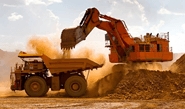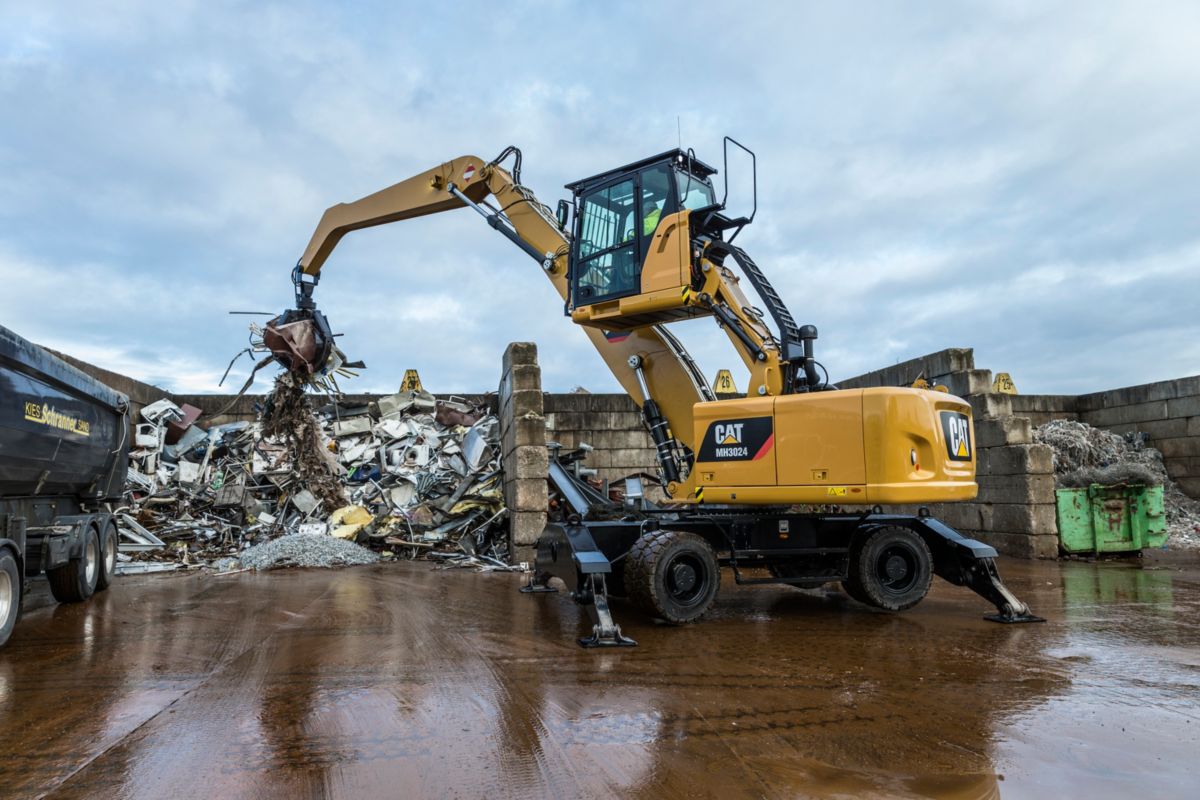Analysis

August 8, 2018
Tariffs to Cut into Caterpillar Profits
Written by Sandy Williams
Caterpillar says it will raise prices due to U.S. tariff measures despite expecting a stronger profit outlook for the year. The major exporter of construction, mining and energy-related equipment estimates recently imposed tariffs will cost the company $100 million to $200 million in the second half of 2018—about 3 percent of its full-year profits.
 Strong demand and improving end markets boosted second-quarter earnings 24 percent year-over-year, prompting a revision to adjusted earnings per share to a range of $11 to $12 from $10.25 to $11.25.
Strong demand and improving end markets boosted second-quarter earnings 24 percent year-over-year, prompting a revision to adjusted earnings per share to a range of $11 to $12 from $10.25 to $11.25.
“On the issue of trade, we urge government leaders to take actions to remove uncertainty. As a global manufacturer, Caterpillar has long advocated for free trade because it enhances global competitiveness and helps U.S. manufacturers grow U.S. jobs and exports,” said CEO Jim Umpleby during the second-quarter earnings call.
Higher freight costs are also impacting earnings for Caterpillar. During the second quarter, manufacturing costs increased about $80 million compared to a year ago. “That’s a result of several factors, including higher freight rates due to strained capacity in the trucking industry, less efficient freight loads and expedited freight as we continue to ramp production to meet increased demand,” said interim CFO Joe Creed.
Although tariffs had a minimal impact on second-quarter results, Caterpillar expects that to change in the second half, accompanied by continued upward pressure on freight costs.
Umpleby said business in China continues to be strong and there has been little impact from trade tension so far. “Obviously, as one looks at global economic conditions and global economic growth, there is a whole variety of factors that feed into what the global economies will be,” he said. “But as we stand here today, we feel good about our markets and our demand remains strong.”
Bloomberg analyst Brooke Sutherland noted that most companies have locked metals pricing into contracts and may not feel the impact from the Section 232 tariffs until 2019. Price increases have been absorbed well for the most part, but “at some point the added pricing pressure can only speed up the industrial cycle.”
Sutherland added, “The company has localized its manufacturing so that it makes products bound for China in China. This will help insulate Caterpillar from tit-for-tat tariffs, but it won’t do much to help the company if China decides to retaliate in less tangible ways such as redirecting business to competitors or holding up approvals.”
“Caterpillar’s earnings report underscores that tariffs aren’t going to hit U.S. manufacturers evenly, and some supply chains are at greater risk of being upended than others. It’s just too early to call the winners and losers.”






